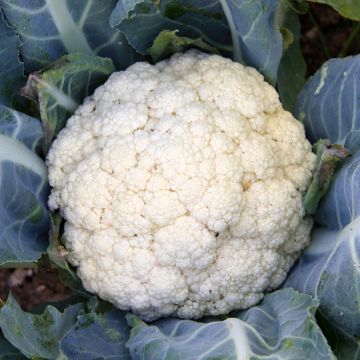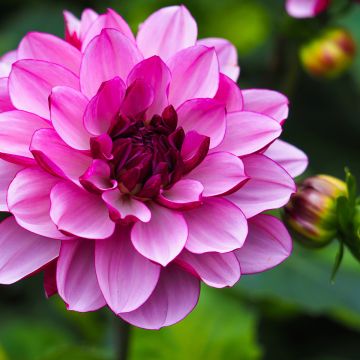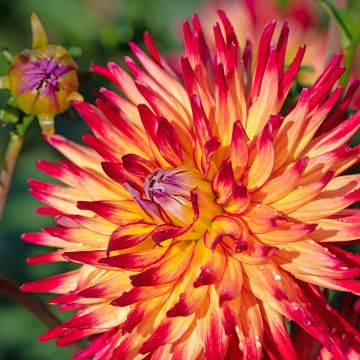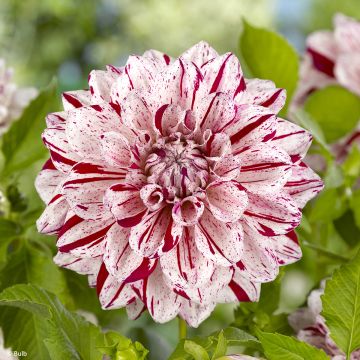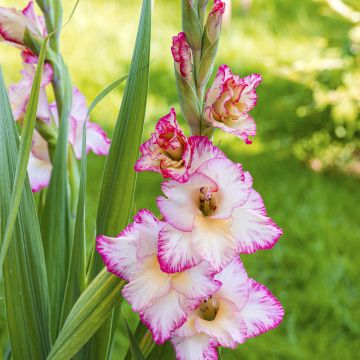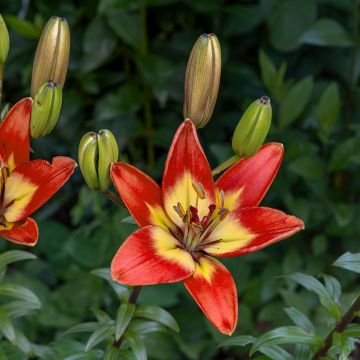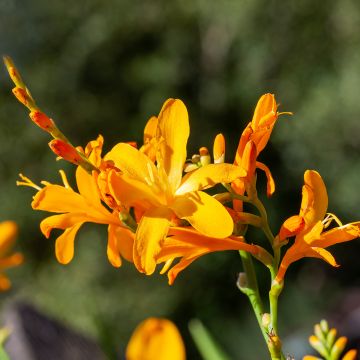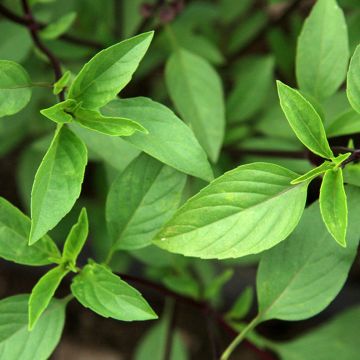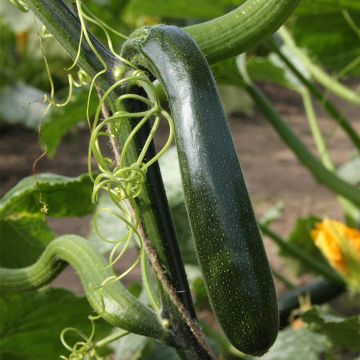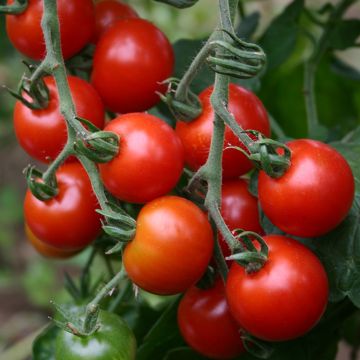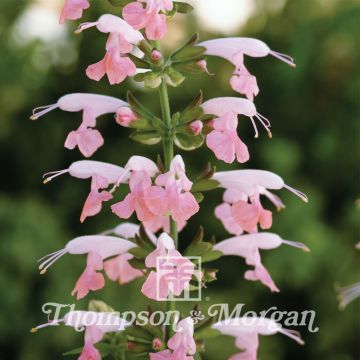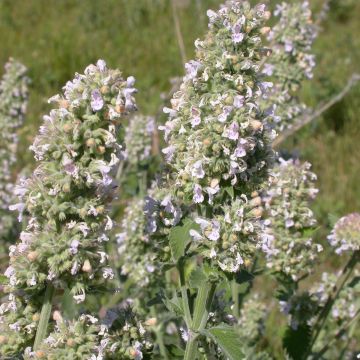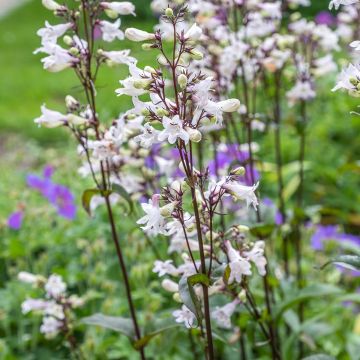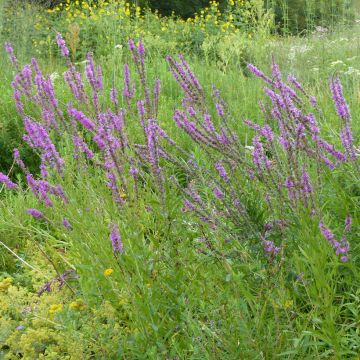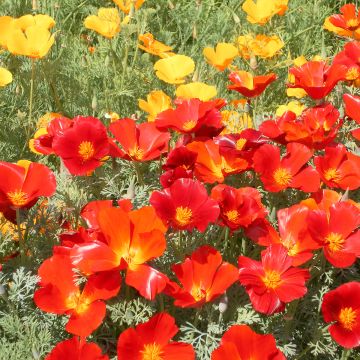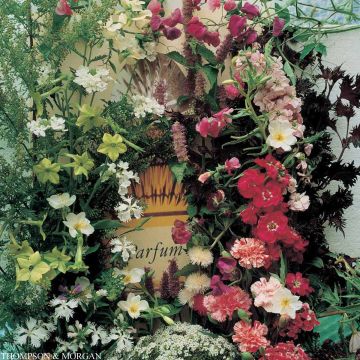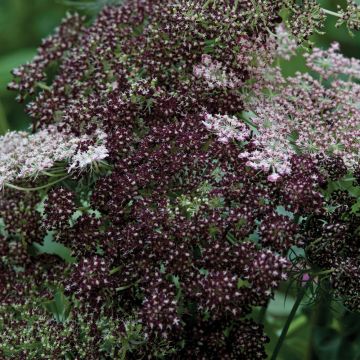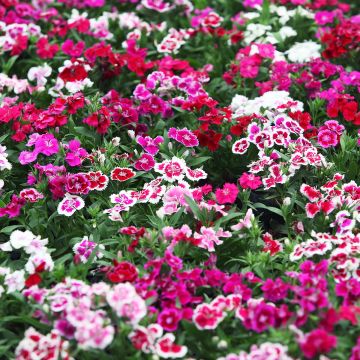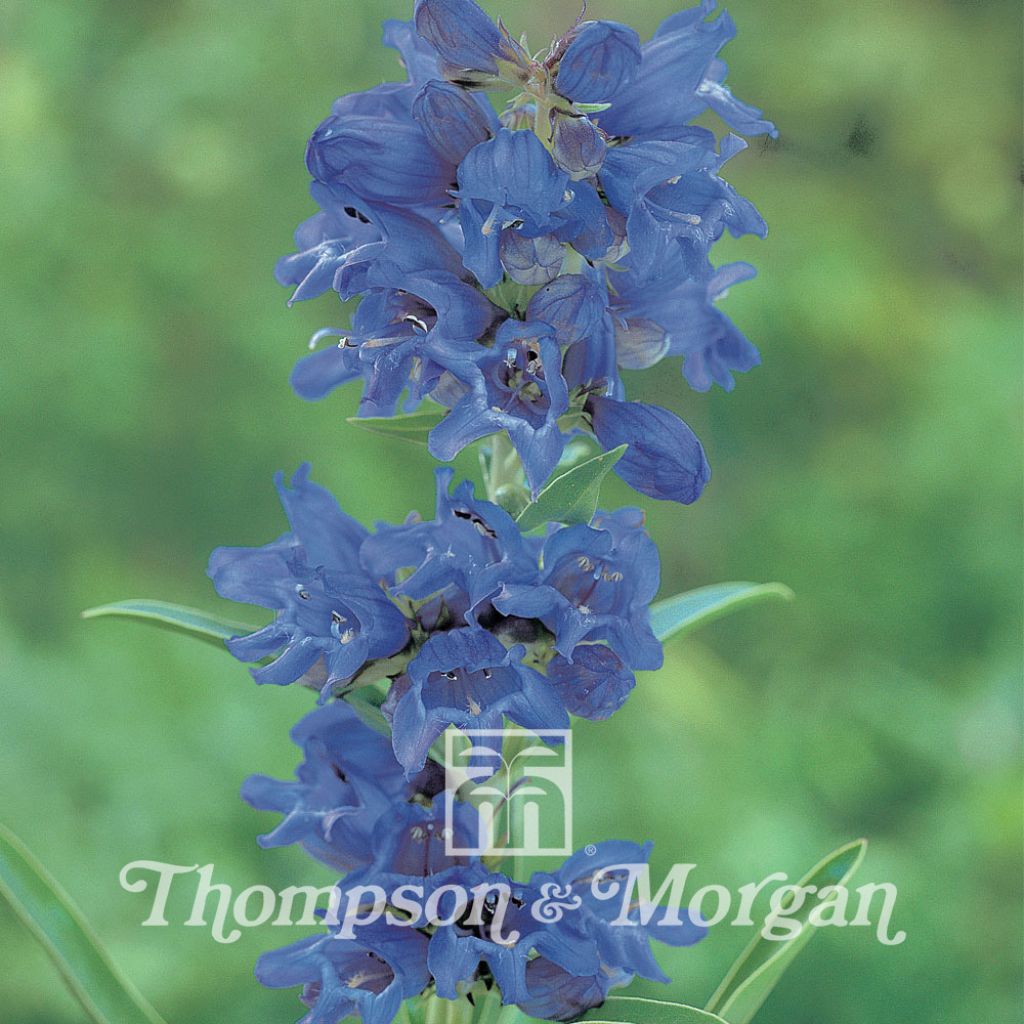

Penstemon heterophyllus True Blue Seeds - Beardtongue
Penstemon heterophyllus True Blue Seeds - Beardtongue
Penstemon heterophyllus True Blue
Bunchleaf Penstemon, Foothill Penstemon, Foothill Beardtongue
These seeds, though carefully sown in a seed tray, never sprouted...
Regine D., 19/12/2020
Special offer!
Receive a €20 voucher for any order over €90 (excluding delivery costs, credit notes, and plastic-free options)!
1- Add your favorite plants to your cart.
2- Once you have reached €90, confirm your order (you can even choose the delivery date!).
3- As soon as your order is shipped, you will receive an email containing your voucher code, valid for 3 months (90 days).
Your voucher is unique and can only be used once, for any order with a minimum value of €20, excluding delivery costs.
Can be combined with other current offers, non-divisible and non-refundable.
Why not try an alternative variety in stock?
View all →This plant carries a 6 months recovery warranty
More information
We guarantee the quality of our plants for a full growing cycle, and will replace at our expense any plant that fails to recover under normal climatic and planting conditions.
Would this plant suit my garden?
Set up your Plantfit profile →
Description
The tubular flowers of a true azure blue of Penstemon heterophyllus True Blue, bloom profusely atop dark green foliage tinged with grey. This semi-evergreen subshrub is very hardy, tough plant that is perfect in rock gardens, borders or in big tubs, even in dry soils. It self-seeds easily here and there in the garden and can readily be grown as an annual since it is capable of flowering the same year as the time of sowing.
Penstemon heterophyllus is an ephemeral perennial or sub-shrub native to the hills, prairies and open forest areas of the chaparral and mountain foothills of California and Oregon, at altitudes below 5500 m. 'True Blue', a variety from which it is derived, features truly blue flowers. This plant quickly forms bushy masses that reach 45-50 cm in height. They are covered with linear evergreen leaves and flower abundantly throughout the summer. For weeks on end, they bear spikes of 3.5 cm long, deep azure-blue tubular flowers, provided that the wilted flowers are regularly removed. Flowering is melliferous and nectar-rich.
Penstemon 'True Blue’ will thrive in rock gardens, in borders or in tubs in the company of beeblossoms, snapdragons or baby sage. Its unique blue hue matches perfectly with orange California poppies. The plants benefit from being cut down to 5 cm in early spring, as the new stems will be more colourful. This penstemon is drought tolerant once it is well established. It is probably the best species for gardens in the south of France.
Report an error about the product description
Flowering
Foliage
Plant habit
Botanical data
Penstemon
heterophyllus
True Blue
Scrophulariaceae
Bunchleaf Penstemon, Foothill Penstemon, Foothill Beardtongue
North America
Other Thompson and Morgan seeds
View all →Planting and care
Sow Penstemon seeds from late winter (February) to early June on the surface of good quality soil, covering the seeds lightly with a thin layer of compost or vermiculite. Germination takes 14-30 days at 15-18 °C . Early seedlings will be treated as semi-hardy plants and will flower within the year. Keep seedlings in the light, in an airtight polyethylene bag.
When the plants are large enough to be handled, transplant them into 8 cm pots or tubs and grow them in cooler conditions. Then gradually acclimatize them to outdoor conditions and plant them out in late spring or early autumn. Space them 30 cm apart. Set them up outdoors in full sun and well-drained soil.
The flowering of the Penstemon will be more beautiful in full sun and in slightly moist but imperatively well-drained soil. In heavy soil, it is useful to mix in coarse river sand, leaf compost or gravel with the topsoil and loosen the soil to a depth of 50 cm.
Sowing period
Intended location
-
, onOrder confirmed
Reply from on Promesse de fleurs
Haven't found what you were looking for?
Hardiness is the lowest winter temperature a plant can endure without suffering serious damage or even dying. However, hardiness is affected by location (a sheltered area, such as a patio), protection (winter cover) and soil type (hardiness is improved by well-drained soil).

Photo Sharing Terms & Conditions
In order to encourage gardeners to interact and share their experiences, Promesse de fleurs offers various media enabling content to be uploaded onto its Site - in particular via the ‘Photo sharing’ module.
The User agrees to refrain from:
- Posting any content that is illegal, prejudicial, insulting, racist, inciteful to hatred, revisionist, contrary to public decency, that infringes on privacy or on the privacy rights of third parties, in particular the publicity rights of persons and goods, intellectual property rights, or the right to privacy.
- Submitting content on behalf of a third party;
- Impersonate the identity of a third party and/or publish any personal information about a third party;
In general, the User undertakes to refrain from any unethical behaviour.
All Content (in particular text, comments, files, images, photos, videos, creative works, etc.), which may be subject to property or intellectual property rights, image or other private rights, shall remain the property of the User, subject to the limited rights granted by the terms of the licence granted by Promesse de fleurs as stated below. Users are at liberty to publish or not to publish such Content on the Site, notably via the ‘Photo Sharing’ facility, and accept that this Content shall be made public and freely accessible, notably on the Internet.
Users further acknowledge, undertake to have ,and guarantee that they hold all necessary rights and permissions to publish such material on the Site, in particular with regard to the legislation in force pertaining to any privacy, property, intellectual property, image, or contractual rights, or rights of any other nature. By publishing such Content on the Site, Users acknowledge accepting full liability as publishers of the Content within the meaning of the law, and grant Promesse de fleurs, free of charge, an inclusive, worldwide licence for the said Content for the entire duration of its publication, including all reproduction, representation, up/downloading, displaying, performing, transmission, and storage rights.
Users also grant permission for their name to be linked to the Content and accept that this link may not always be made available.
By engaging in posting material, Users consent to their Content becoming automatically accessible on the Internet, in particular on other sites and/or blogs and/or web pages of the Promesse de fleurs site, including in particular social pages and the Promesse de fleurs catalogue.
Users may secure the removal of entrusted content free of charge by issuing a simple request via our contact form.
The flowering period indicated on our website applies to countries and regions located in USDA zone 8 (France, the United Kingdom, Ireland, the Netherlands, etc.)
It will vary according to where you live:
- In zones 9 to 10 (Italy, Spain, Greece, etc.), flowering will occur about 2 to 4 weeks earlier.
- In zones 6 to 7 (Germany, Poland, Slovenia, and lower mountainous regions), flowering will be delayed by 2 to 3 weeks.
- In zone 5 (Central Europe, Scandinavia), blooming will be delayed by 3 to 5 weeks.
In temperate climates, pruning of spring-flowering shrubs (forsythia, spireas, etc.) should be done just after flowering.
Pruning of summer-flowering shrubs (Indian Lilac, Perovskia, etc.) can be done in winter or spring.
In cold regions as well as with frost-sensitive plants, avoid pruning too early when severe frosts may still occur.
The planting period indicated on our website applies to countries and regions located in USDA zone 8 (France, United Kingdom, Ireland, Netherlands).
It will vary according to where you live:
- In Mediterranean zones (Marseille, Madrid, Milan, etc.), autumn and winter are the best planting periods.
- In continental zones (Strasbourg, Munich, Vienna, etc.), delay planting by 2 to 3 weeks in spring and bring it forward by 2 to 4 weeks in autumn.
- In mountainous regions (the Alps, Pyrenees, Carpathians, etc.), it is best to plant in late spring (May-June) or late summer (August-September).
The harvesting period indicated on our website applies to countries and regions in USDA zone 8 (France, England, Ireland, the Netherlands).
In colder areas (Scandinavia, Poland, Austria...) fruit and vegetable harvests are likely to be delayed by 3-4 weeks.
In warmer areas (Italy, Spain, Greece, etc.), harvesting will probably take place earlier, depending on weather conditions.
The sowing periods indicated on our website apply to countries and regions within USDA Zone 8 (France, UK, Ireland, Netherlands).
In colder areas (Scandinavia, Poland, Austria...), delay any outdoor sowing by 3-4 weeks, or sow under glass.
In warmer climes (Italy, Spain, Greece, etc.), bring outdoor sowing forward by a few weeks.






























